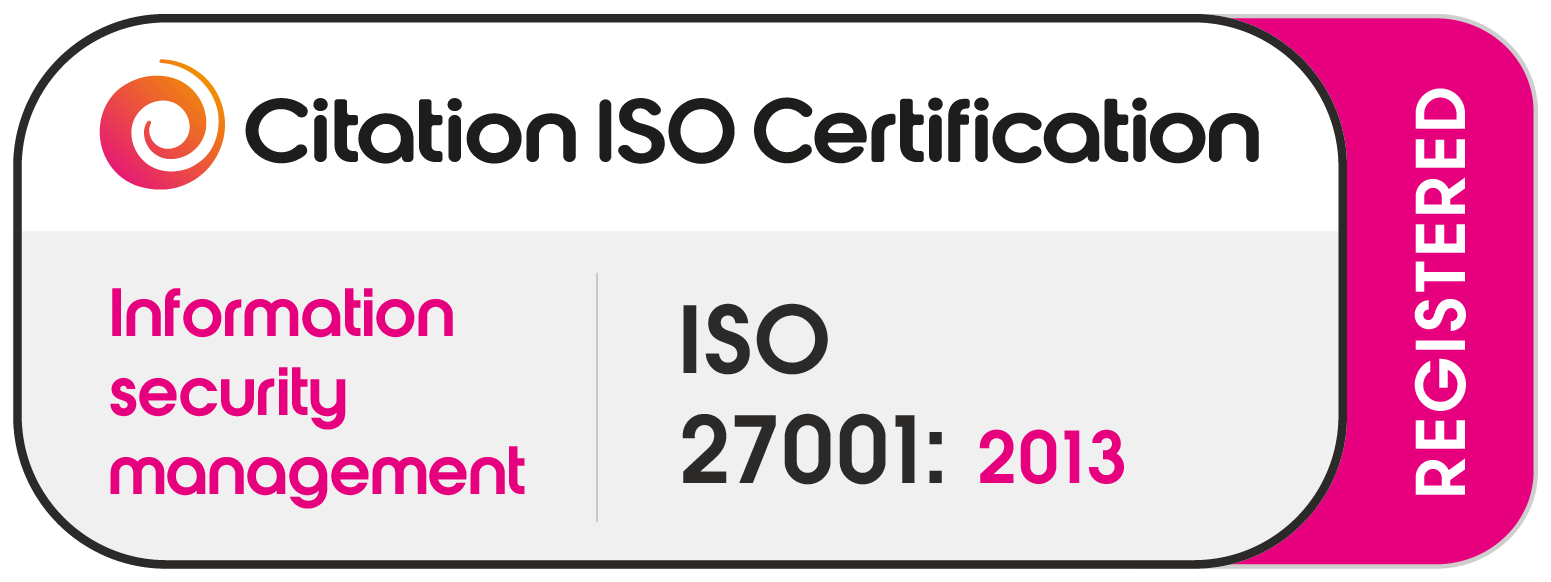Since I read David Maister’s Managing The Professional Services Firm, I’ve always been interested in the design of consultancy firms. He clearly explains how firms often fall into the trap of two or more different cultures within the same company and the knock-on effects. And I admit I am a methodology geek and consider how consulting methodologies serve the client and the firm.
So I was pleased to find some recent research from the Centre for Management Consulting Excellence (CMCE) which focused on the different roles that consultants and consulting firms play. It’s far more iup to date and relevant to what we’re seeing in the market.
The CMCE Research
The CMCE is based in the UK and offers various resources to help consultants grow and develop their skills, including training programs, certification, research, and networking opportunities.
The results showed that there are four main reasons why clients engage with consultants, and each of these roles requires different skills. This means that specialized firms and consultants are more valuable than generalists.
From my vantage point, it makes sense that clients don’t really care about the methodology used as long as their needs are met.
The high-level findings were, in ascending order:
- There are four roles for engaging with a consultant or firm.
- These four different roles need different skills.
- Meaning specialism trumps generalist firms and consultants.
- And therefore – to clients, methodologies are not important.
I can relate to this. In the past, I made the mistake of creating a company with a rigid methodology that was more of a selling tool than anything else. We would bore clients with our five-step process but adapt it based on their needs.
Looking back, I now realize that we were selling what we thought clients wanted, not what they wanted.
Nowadays, we still have a methodology, but it’s just background information. We focus on asking good questions and listening to our client’s needs instead of trying to force our pre-made process onto them.
The consultant role/capability matrix

The CMCE developed a consultant role/capability matrix to help consulting firms assess and develop the skills and competencies of their consultants.
The Consultant Role
The matrix identifies four different roles for which a client may engage a consultant and provides a structured framework for assessing the skills and competencies of consultants for each role:
- Expertise: In this role, the consultant provides knowledge or expertise that the client does not have. The consultant may be brought in to provide specialist knowledge in a specific area or to help the client solve a particular problem. For example, a client may engage a consultant with expertise in digital marketing to develop and implement a digital marketing strategy.
- Externality: In this role, the consultant provides an external perspective the client may not have. The consultant may be brought in to objectively assess the client’s situation, challenge assumptions, or provide a fresh perspective on a problem. For example, a client may engage a consultant to conduct a market analysis and objectively assess the market opportunities for a new product.
- Extension: In this role, the consultant provides additional resources to the client. The consultant may be brought in to provide additional capacity or expertise to support the client’s existing team. For example, a client may engage a consultant to provide project management support for a complex project.
- Endorsement: The consultant reviews and legitimizes a client’s decision in this role. The consultant may be brought in to provide an independent review or validation of the client’s decision. For example, a client may engage a consultant to review a business case and provide an independent assessment of the risks and benefits of a proposed investment.
By understanding the four customer needs and consulting firms’ roles, we can enhance the value we provide to clients and increase their chances of success.
The Consultant Capability
The CMCE consultant role/capability matrix also identifies four key capabilities or competencies that a consultant should possess to deliver consulting services effectively. These capabilities are:
- Experience of the client organization’s industry: The consultant should have a good understanding of the client organization’s industry, including the key trends, challenges, and opportunities. This will enable the consultant to provide relevant and insightful advice tailored to the client’s needs. For example, a consultant working with a healthcare provider should understand the healthcare industry well, including the regulatory environment, payment models, and key stakeholders.
- Expertise in the business processes operated by the client: The consultant should have a deep understanding of the client’s business processes and operations. This will enable the consultant to identify improvement areas and recommend practical and effective solutions. For example, a consultant working with a manufacturing company should understand the company’s production processes, supply chain, and logistics well.
- Knowledge of the client organization: The consultant should have a good understanding of the client organization, including its culture, values, and goals. This will enable the consultant to build strong relationships and work effectively with the client’s team. For example, a consultant working with a non-profit organization should have a good understanding of the organization’s mission and values.
- Proven methodology for performing the required work: The consultant should have a proven methodology or approach for performing the required work. This will enable the consultant to deliver consistent and high-quality results for the client. For example, a consultant on a strategic planning project should have a methodology for thoroughly analysing the client’s internal and external environment, identifying key strategic issues, and developing actionable recommendations.
Consulting firms can develop these capabilities within their consulting teams to ensure they have the skills and competencies needed to provide high-quality consulting services that fit clients’ requirements.
Conclusion
Different roles require different sets of skills and experience.
Clients and consultants must be clear about the role to be performed and ensure that the consultant’s skills and experience are appropriate to the role.
Specialism is key.
The findings suggest that specialism is crucial, and experience in a client’s industry or expertise in a particular business process will likely be the most important factor in selecting consultants. This underscores the importance of consultants’ in-depth knowledge and understanding of a specific industry or business process to provide valuable insights and recommendations.
Methodologies are not important.
Interestingly, using a proven methodology is unlikely to be essential in engaging a consultant for most roles. However, the CMCE’s survey on Excellence in Consulting found that using methods and standards could improve quality and should be subject to independent certification. This suggests that while using a proven methodology may not be a significant factor in engaging a consultant, it is still important for consulting firms to have established and proven methodologies to deliver consistent and high-quality results.
In summary, the CMCE consultant role/capability matrix provides a useful framework for understanding the roles and capabilities required for effective consulting. It highlights the importance of having the right set of skills and experience for each role and the need for consulting firms to have established methodologies and standards to ensure high-quality service delivery.







